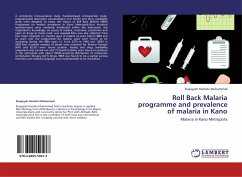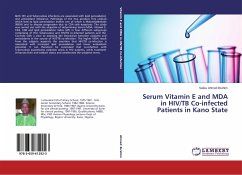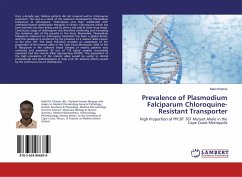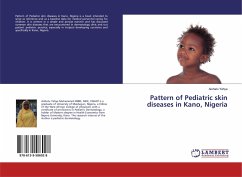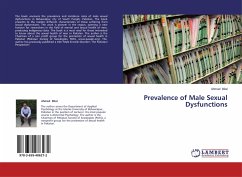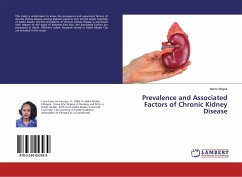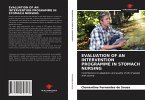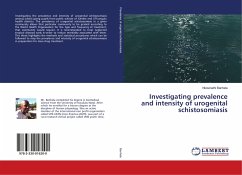A community cross-sectional study, hospital-based retrospective study, hospital-based descriptive parasitological and Facility and drug availability study were designed to assess the impact of Roll Back Malaria (RBM) Programme on malaria prevalence in Kano Metropolis.Four hundred questionnaires were randomly distributed within the metropolis, the respondent's knowledge on causes of malaria, treatment, prevention and types of drugs or herbs used, was assessed.Data was also collected from two major hospitals, on treated cases of malaria six years before RBM and six years into the programme.The malaria cases were found to be increasing during the RBM years i.e. from 2270 in 1994 and 10935 in 2005.Four hundred samples of blood were screened for Malaria Parasite (MP) and 62.5% were found positive. Facility and drug availability assessment was carried out and 72 health facilities were found in existence in the metropolis with about 55340 quarterly distribution of artesunate combinationtherapy (ACT) drugs. RBM was found to be a partial success therefore anti malarial campaign was recommended to be intensified.
Bitte wählen Sie Ihr Anliegen aus.
Rechnungen
Retourenschein anfordern
Bestellstatus
Storno

